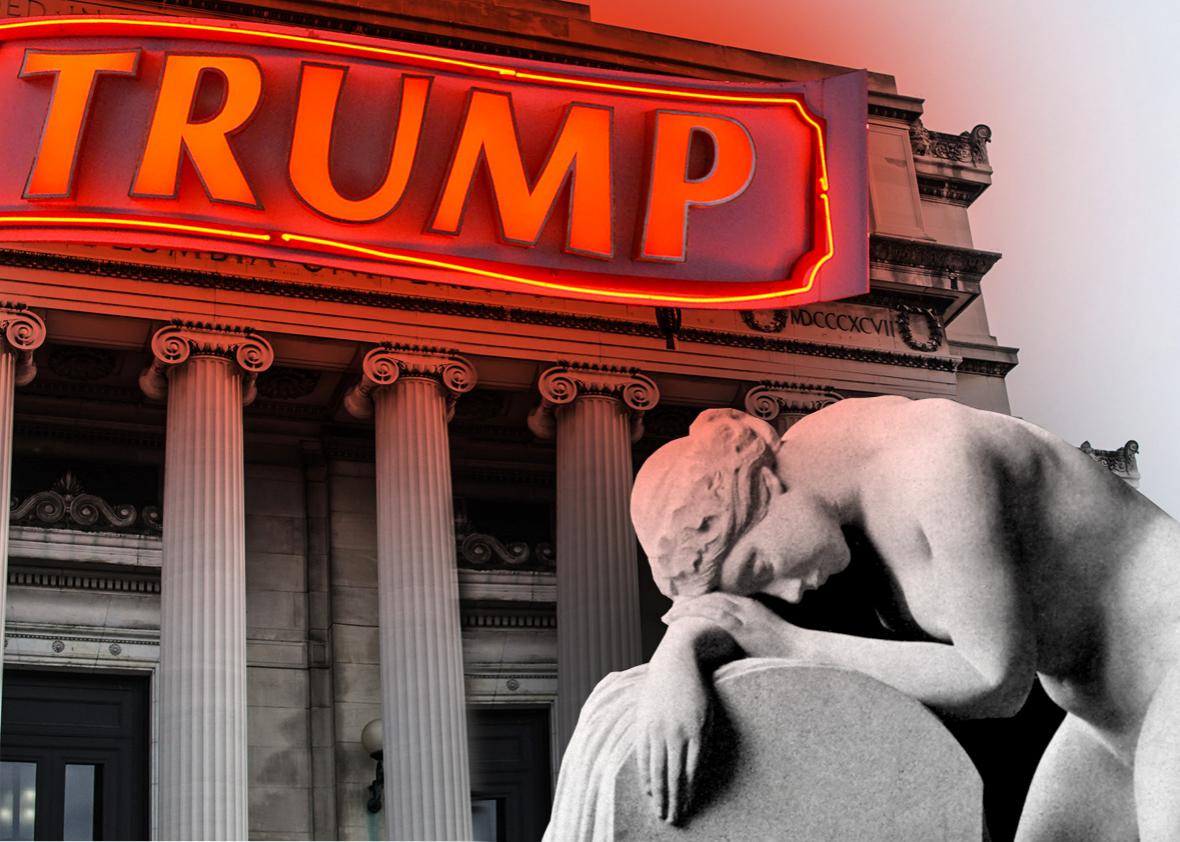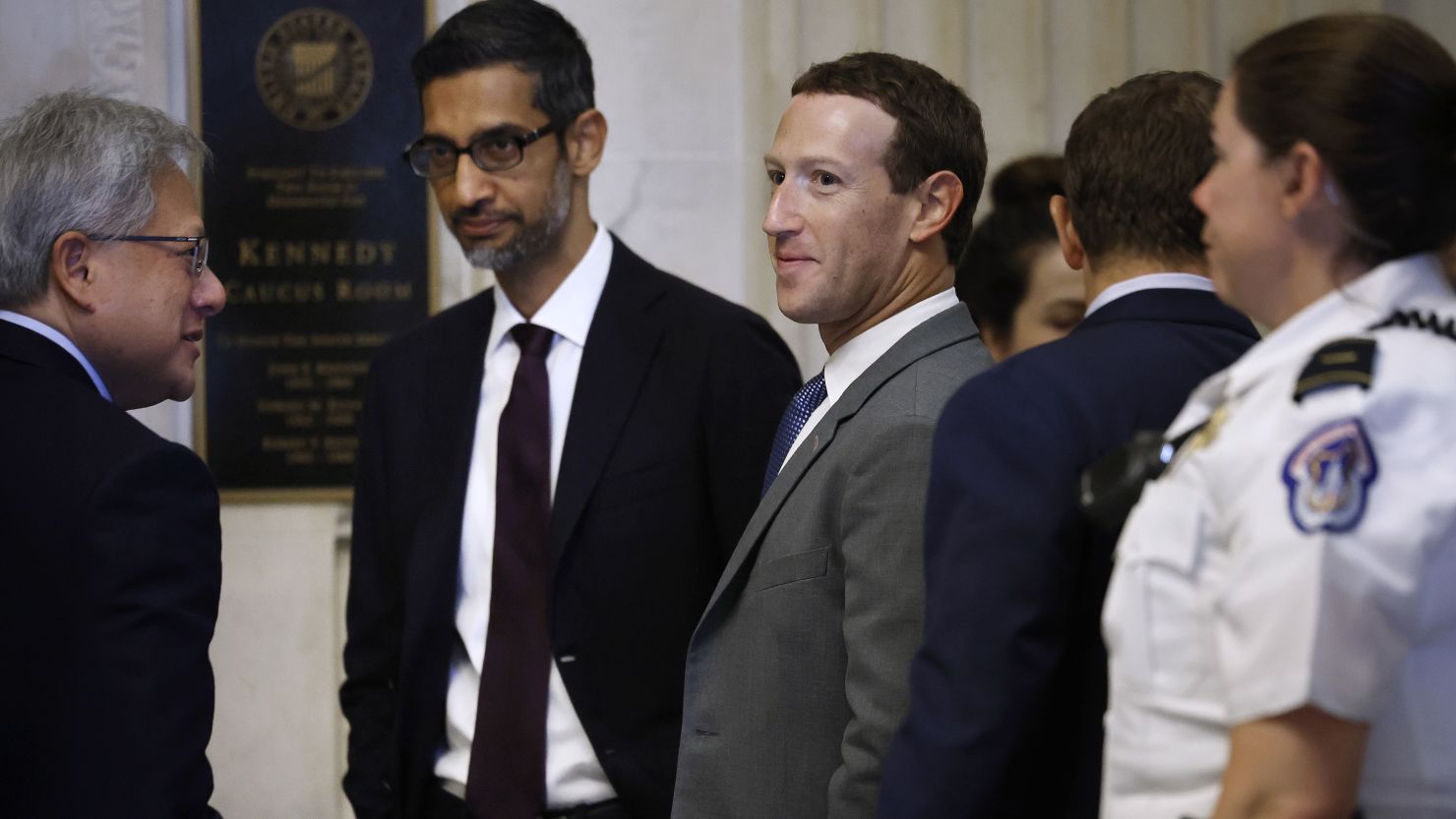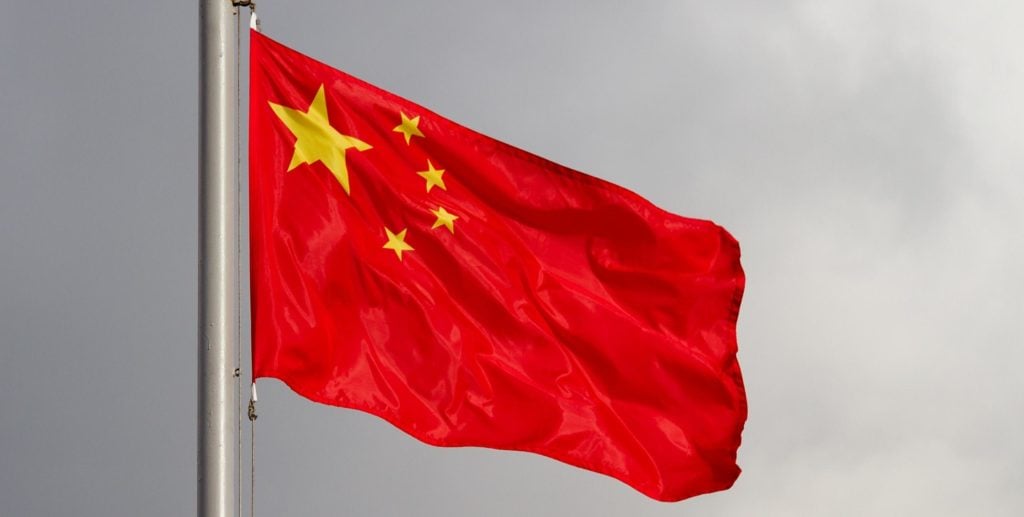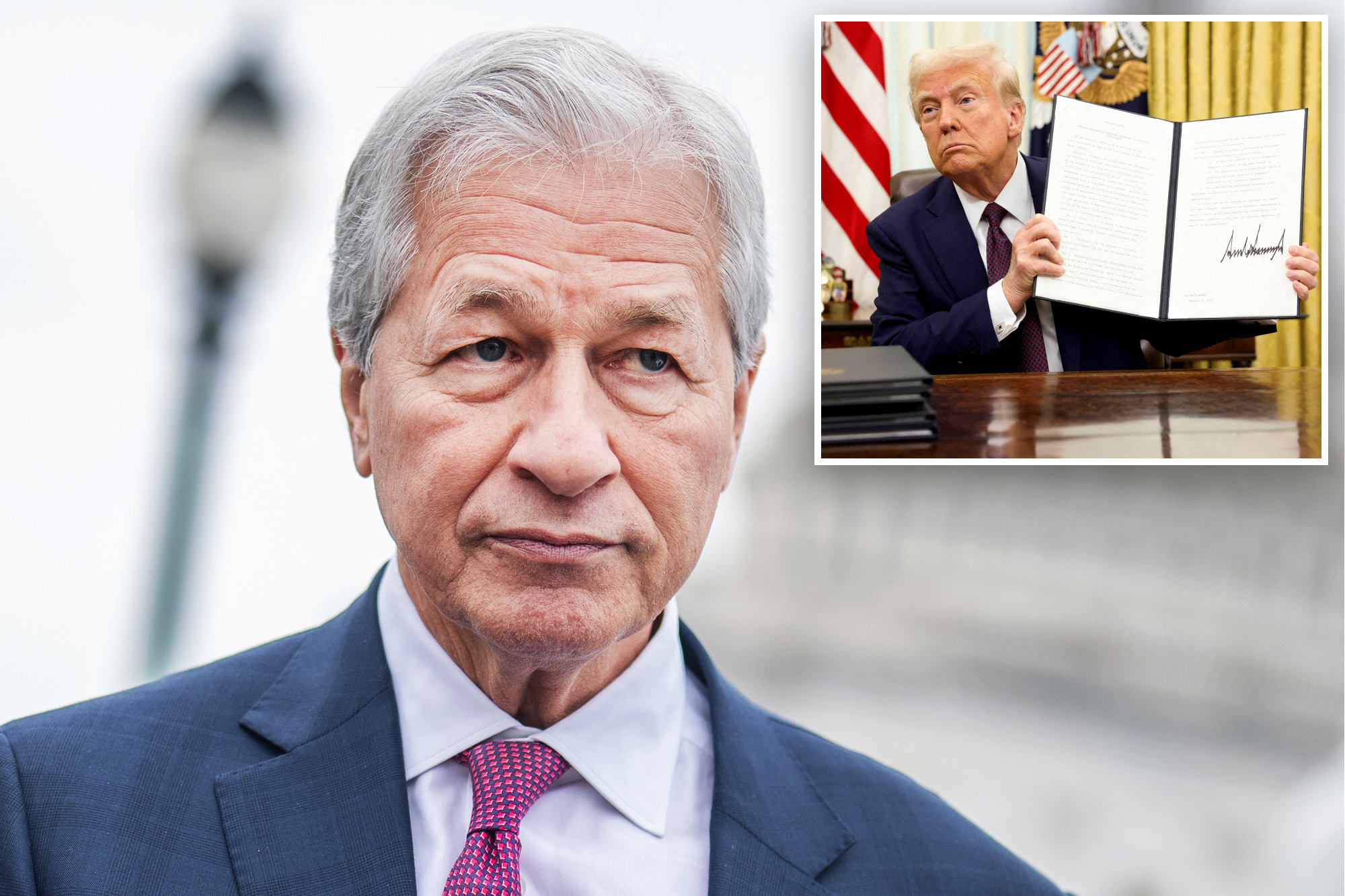Private University Group Challenges Trump's Higher Education Agenda

Table of Contents
Specific Policies Under Fire
The coalition of private universities focused their opposition on several key aspects of the Trump administration's higher education agenda. These policies directly impacted student access, affordability, and the overall research environment within higher education institutions. Specific targets included:
-
Changes to Student Loan Programs: The administration proposed changes to income-driven repayment plans and explored options to limit access to federal student loans. The private university group argued that these changes would disproportionately harm low-income students and increase the already significant burden of student loan debt. Data showed that the proposed changes could lead to a significant increase in borrowers defaulting on their loans.
-
Title IX Regulations: The proposed changes to Title IX regulations regarding sexual assault and harassment on college campuses were met with strong opposition. The university group argued that these rollbacks weakened protections for survivors and created a less safe environment for students. They highlighted the potential impact on campus climate and the chilling effect on reporting.
-
Funding Cuts to Research Grants: Significant cuts to federal funding for scientific research and development were a major point of contention. The private universities argued that these cuts would stifle innovation, harm the competitiveness of American universities globally, and ultimately hurt the nation’s economic progress. They cited data showing the correlation between federal research funding and groundbreaking discoveries.
-
Reductions in Pell Grants: The proposed cuts to Pell Grants, as argued by the university group, would disproportionately affect low-income students, reducing access to higher education and widening the existing inequality gap in higher education access. Statistics consistently demonstrated the crucial role Pell Grants played in enabling low-income students to pursue higher education.
The Coalition's Arguments and Strategies
The coalition, comprised of prominent private universities with significant influence in the higher education landscape, employed various strategies to oppose the Trump administration's agenda. Their collective voice carried considerable weight in Washington D.C. Key members included institutions known for their extensive research capabilities, strong alumni networks, and significant endowments.
The group's arguments centered on the importance of:
-
Affordability: They emphasized the need for increased access to affordable higher education, arguing that policies restricting financial aid and increasing the burden of student loans undermined this goal.
-
Diversity and Inclusion: They highlighted the importance of diversity in higher education and argued that the administration's policies threatened to roll back progress in this area.
-
Research Funding: They stressed the crucial role of federal funding in supporting vital scientific research and technological advancements, warning that cuts would damage the nation's competitiveness.
Their strategies included:
-
Lobbying Efforts: Intensive lobbying efforts targeting key members of Congress and the administration were undertaken to influence policy decisions.
-
Public Statements: The coalition issued numerous public statements, press releases, and op-eds condemning the administration's policies and highlighting their negative consequences.
-
Legal Challenges: Legal challenges were pursued to contest policies deemed harmful to students and institutions.
-
Collaborations: The group collaborated with other organizations representing students, faculty, and other stakeholders in higher education to amplify their message and build broader support for their cause.
The Political Landscape and Potential Outcomes
The political climate surrounding this conflict was highly charged, with the Trump administration often prioritizing deregulation and budget cuts. The potential outcomes of the private universities' challenge had significant long-term consequences for various stakeholders.
Impact on Student Access and Affordability
The challenged policies directly impacted student loan debt, tuition costs, and financial aid accessibility. The reduced availability of federal funding and potential changes to repayment plans significantly threatened student affordability and access to higher education, particularly for low-income students. The result could be increased student debt and a reduction in college enrollment.
The Role of Research and Innovation
The implications of the policies on funding for scientific research and technological advancements were far-reaching. Reduced funding could lead to fewer research projects, less innovation, and a decline in the overall quality of higher education research output. This could diminish the US's global standing in scientific and technological advancements.
The ongoing legal battles and political maneuvering could significantly delay or even overturn certain policies, potentially reshaping the landscape of federal funding and regulatory oversight. The response from the Trump administration and other stakeholders varied, with some actively defending the policies while others expressed concern about their potential impact.
Conclusion
The challenge posed by the private university group to the Trump administration's higher education agenda highlighted critical issues surrounding access, affordability, and research funding. The policies targeted threatened to significantly alter the landscape of higher education in the United States, impacting students, institutions, and the nation's overall competitiveness. Understanding the long-term consequences of these policies is crucial.
We urge readers to stay informed about developments in this ongoing debate surrounding Private University Group Challenges Trump's Higher Education Agenda. Contact your elected officials to express your views on this critical issue and advocate for policies that support accessible, affordable, and high-quality higher education for all. The future of higher education depends on it.

Featured Posts
-
 Hear Willie Nelsons Latest Oh What A Beautiful World Album Review
Apr 29, 2025
Hear Willie Nelsons Latest Oh What A Beautiful World Album Review
Apr 29, 2025 -
 International Condemnation Of Israeli Aid Ban In Gaza Intensifies
Apr 29, 2025
International Condemnation Of Israeli Aid Ban In Gaza Intensifies
Apr 29, 2025 -
 The Zuckerberg Trump Dynamic Implications For The Tech Industry
Apr 29, 2025
The Zuckerberg Trump Dynamic Implications For The Tech Industry
Apr 29, 2025 -
 Zombie Buildings In Chicago A Deep Dive Into The Office Real Estate Crisis
Apr 29, 2025
Zombie Buildings In Chicago A Deep Dive Into The Office Real Estate Crisis
Apr 29, 2025 -
 Open Ais Chat Gpt Under Ftc Scrutiny A Deep Dive
Apr 29, 2025
Open Ais Chat Gpt Under Ftc Scrutiny A Deep Dive
Apr 29, 2025
Latest Posts
-
 Analysis Of Musks X Debt Sale And Shifting Financial Landscape
Apr 29, 2025
Analysis Of Musks X Debt Sale And Shifting Financial Landscape
Apr 29, 2025 -
 Understanding Willie Nelson A Collection Of Fast Facts
Apr 29, 2025
Understanding Willie Nelson A Collection Of Fast Facts
Apr 29, 2025 -
 Hear Willie Nelsons Latest Oh What A Beautiful World Album Review
Apr 29, 2025
Hear Willie Nelsons Latest Oh What A Beautiful World Album Review
Apr 29, 2025 -
 Xs New Financials Debt Sale Impacts And Company Transformation
Apr 29, 2025
Xs New Financials Debt Sale Impacts And Company Transformation
Apr 29, 2025 -
 New Music Willie Nelsons Oh What A Beautiful World Album Details
Apr 29, 2025
New Music Willie Nelsons Oh What A Beautiful World Album Details
Apr 29, 2025
